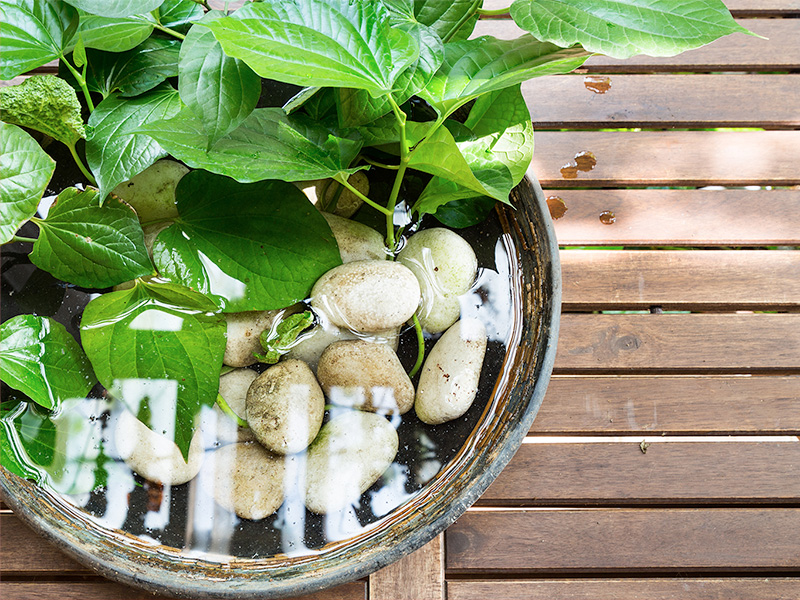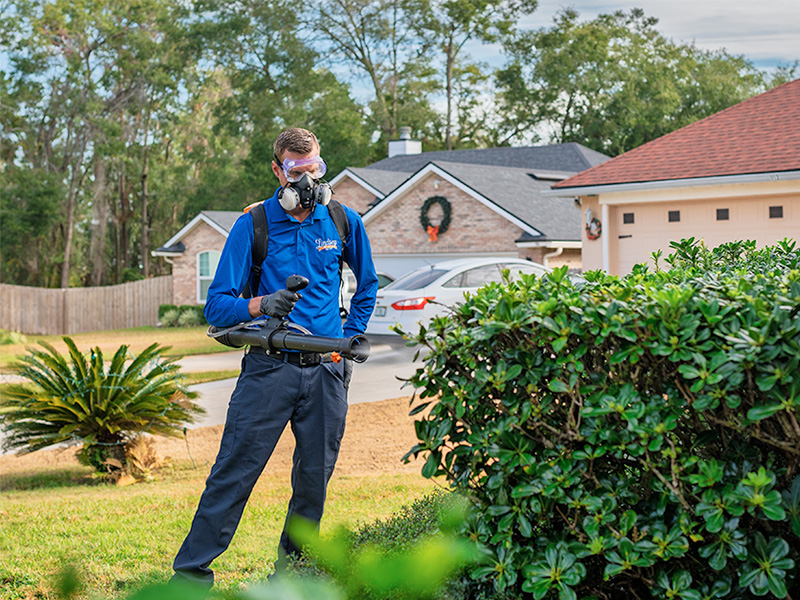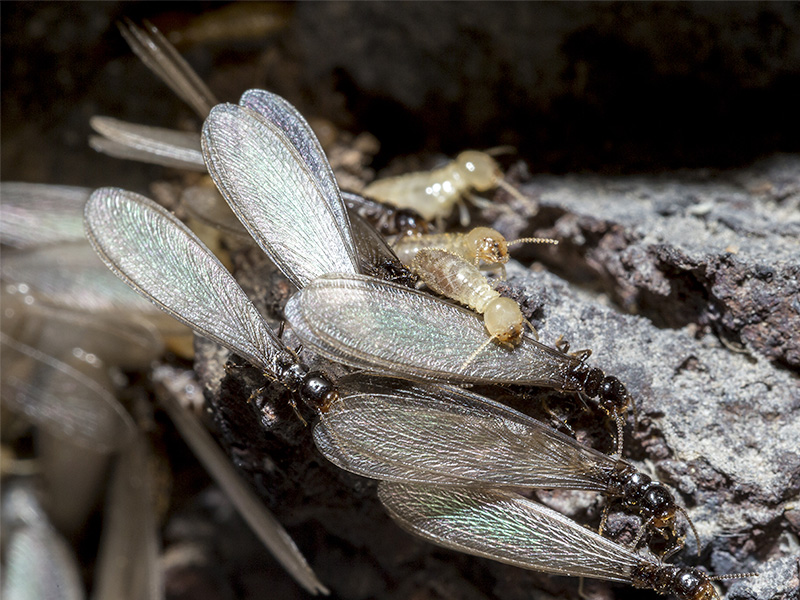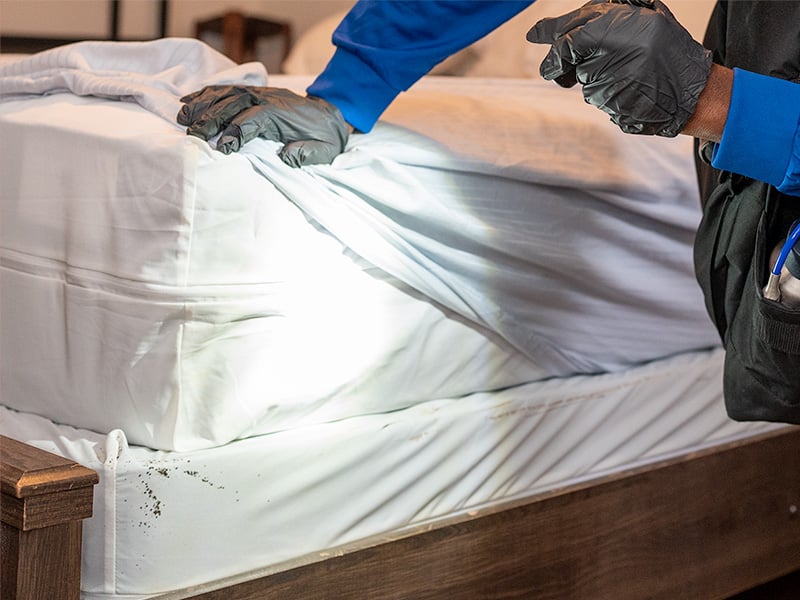Natural Mouse Repellents & Why They Fall Short In Florida Homes
Feb 18, 2020
The internet is full of advice. You can find helpful tips for all kinds of things. Some of the advice you'll find on the net is pretty good. But, when it comes to keeping mice out of your home, you could find yourself buying into some bad advice, especially when it comes to natural repellents. Why? Because repellents don't work nearly as well as some would have you believe. One reason for their ineffectiveness is that they don't take into account the determination of house mice. Let's take a moment to look at the common house mouse and talk about some of the ways natural mouse repellents can fall short of giving you the results you're looking for.
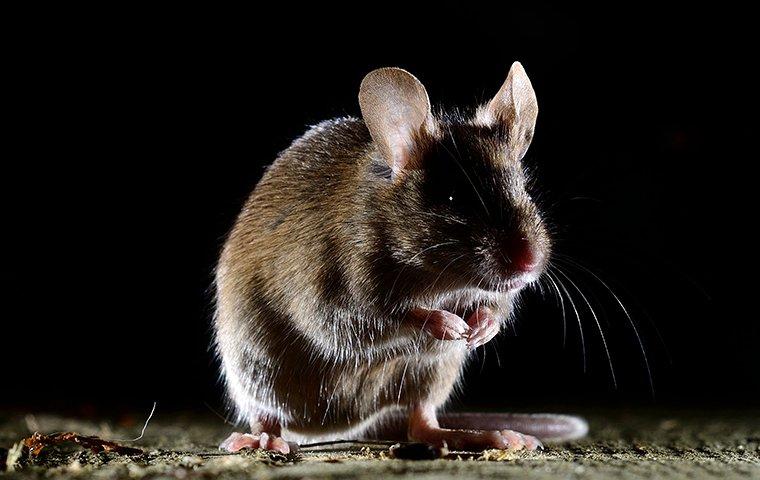
House Mice
These tiny home invaders, from nose to tail, are between 6 and 9 cm in length with their tails being about the same length as their bodies. Their fur can be greyish, light brown or black and their underbellies are lighter in color.
House mice are tiny animals that are able to shift their internal organs and squeeze through holes as small as a dime. Most mice can jump as much as a foot straight up, and climb a smooth 13-inch wall. If they find a rough wall, they can climb all the way up. If you put down a natural repellent, it is nothing for a house mouse to find another route.
How Well Do Natural Mouse Repellents Work?
Some of the suggestions on the internet for keeping mice out of homes are cinnamon, mothballs, vinegar and ammonia. Each has its own reasons for why it may be successful at keeping mice out. Ammonia, as an example, supposedly mimics the smell of rodent urine and sort of marks the territory around your home as taken by another mouse. The problem is that this has never been studied and tested to see if it actually works. Plus, ammonia can be harmful to pets and kids. As for cinnamon, mothballs and vinegar, a determined mouse isn't going to let any of these smelly things deter them. If they do, all they have to do is wait for the bad scent to wear off or be washed away by the rain.
House Mouse Prevention Tips That Actually Work
- Remove food sources from your property, things such as pet food left outside, leftover food from cookouts, and fallen fruits and vegetables. Also, make sure to keep your garbage in trash cans with tight-fitting lids.
- Make sure you are not providing water sources for mice. Fix leaky pipes or spigots. Check and clean your gutters.
- Remove hiding places from your property. Things such as yard debris, woodpiles, overgrown weeds, children's toys and other objects can provide great hiding places for tiny mice.
- Seal up gaps and cracks in your foundation and walls. As mentioned, mice only need a tiny opening to squeeze their way inside. Check the outside of your home and do what is necessary to seal all potential entry points.
Mice Have Moved In! What Now?
If you have done all the hard work to keep mice out, but they have found their way in anyway, or if you didn't know about mouse prevention until it was too late, don't worry, we can help! The pest control experts here at Lindsey Pest Services can come and inspect your home for rodent activity, eliminate any mice that have gotten into your home, and work to keep mice out of your home in the future. Reach out to us for help today.









